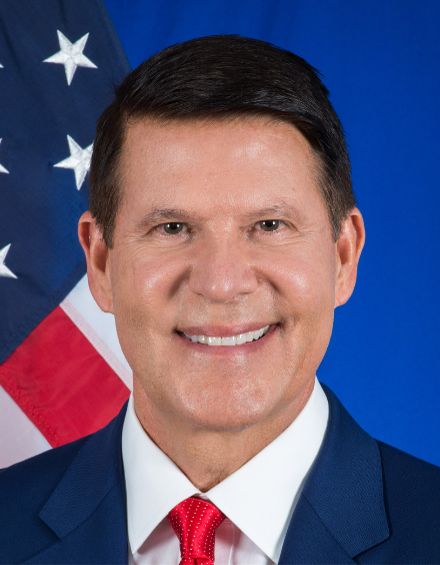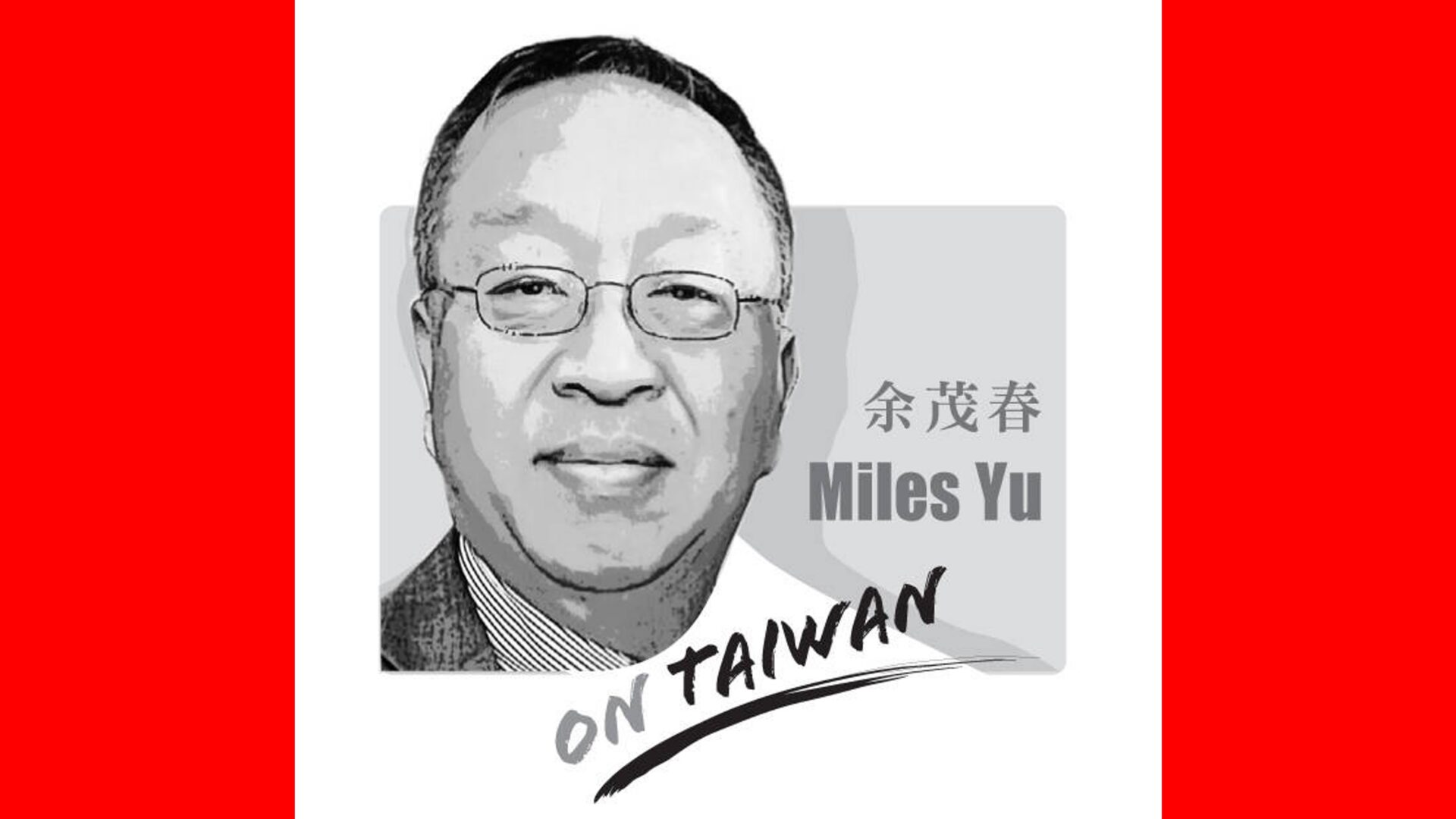Inaugural Tech Freedom Awards


Tech Freedom Awards
At the inaugural Tech Freedom Awards, the Krach Institute for Tech Diplomacy at Purdue recognized the Honorable Daniel S. Goldin, Ninth & Longest-Tenured NASA Administrator (’92-’01), and Africell, accepted by Founder, Chairman & CEO Ziad Dalloul. Mr. Goldin and Africell received the award for advancing freedom through trusted technology. The event was attended by over 200 guests from 20 different countries and featured bipartisan representation from Congress and the Biden Administration. The program consisted of a cocktail reception and awards presentation.
The Honorable Daniel S. Goldin
The Honorable Daniel S. Goldin is an entrepreneur and technologist, having helped young high-tech companies thrive through his innovation advisory company Cold Canyon and most recently through his role as Senior Advisor at Cerberus Capital Management. His career has spanned space exploration and science, aeronautics, air traffic management, national security, semiconductors, communications and artificial intelligence. With his accumulated domain expertise, his present focus is to engage brilliant young technology companies to assure America’s supply chain’s vitality and global leadership.
Mr. Goldin had the distinction of serving as NASA’s longest-tenured Administrator from April 1992-November 2001 and reported to three U.S. Presidents: George H.W. Bush, William Jefferson Clinton, and George W. Bush. He not only led the reemergence of NASA through one of its most challenging times after the Cold War, but he also helped foster east-west international cooperation in space. Toward this end, he lead a 16-nation team that designed, constructed and began initial operations of the $120B International Space Station without an in-space injury or loss of life. Also during his tenure, he guided NASA through the development of a new generation of spacecraft to enable the extended exploration of our solar system, deeper observations of our known universe and more precise observations of the physical and biological dynamics of our own planet, with the objective of enhancing the quality of life on Planet Earth and ultimately out of Earth Orbit.
Mr. Goldin is a Member of the National Academy of Engineering, the International Academy of Astronautics, and The Krach Institute for Tech Diplomacy at Purdue. He is a Fellow of the American Institute for Aeronautics and Astronautics and the American Astronautical Society, and an Honorary Board Member of the Explorers Club. Mr. Goldin holds 18 Honorary Doctorates from the world’s great universities.
Africell
Africell is a fast-growing mobile network operator with a pan-African footprint. Its mission is to make a positive everyday difference to customers through the provision of affordable, accessible and good quality telecoms products and services—and thereby to create a wider social and economic benefit to the countries in which it operates. Africell provides fast and reliable mobile network coverage and related technology services to over 16 million subscribers. Through a mix of voice and SMS products, data services, and Afrimoney (its mobile money platform), Africell helps sub-Saharan Africa share in the extraordinary long-term benefits of digital connectivity.
Africell is a disruptor. It challenges inefficiency, embraces fresh thinking, and delivers innovative products and services which make a practical difference to everyday people. Africell employs over 1,000 people in multiple countries and contributes indirectly to thousands more jobs. It is the only U.S.-owned mobile telecommunications operator in Africa and is based in London, U.K. The U.S. government, through the U.S. International Development Finance Corporation (DFC), is the company’s biggest external investor.
Africell puts transparency at the heart of its operations. Prioritizing trusted technology suppliers such as Nokia, Africell’s network infrastructure offers benefits of security and resilience in addition to speed and reliability. Africell has a 20-year track record of growth, innovation and delivering outstanding telecommunications services across sub-Saharan Africa. It currently operates in four markets—Angola, the Democratic Republic of the Congo (DRC), Sierra Leone, and the Gambia.
Related Posts

article
The Era Of ‘Tech Diplomacy’ Is Here
Technology is the new frontier of international relations. The interaction is bi-directional: technology is defining diplomatic matters while diplomacy is also influencing the development and deployment of technology. Take semiconductors as an example. This is a technology that forms the foundation of digital economy, national security, and productivity in almost all industries. Global supply chain in the semiconductor industry is shaping U.S. foreign policy. Conversely, America’s diplomatic effort has been redefining the supply chain. Tech diplomacy is different from science diplomacy, which became a key pillar for the U.S. and other countries since World War II. Scientists participated in treaty negotiations, engaged in bilateral summits and served as attachés at embassies. Primary topics included nuclear proliferation, super-collider construction, human space exploration and environmental science.

By: Miles Yu
article
Miles Yu On Taiwan: China’s lessons—and fears—from the Wagner revolt in Russia
For over a century, tumultuous events thousands of miles away in Russia have impacted China profoundly. Mao Zedong (毛澤東) famously said that the cannon sound of the October Revolution brought Marxism-Leninism to China. Now Xi Jinping (習近平) fears that last month’s Wagner revolt may provide a model for the Chinese Communist Party’s undoing.